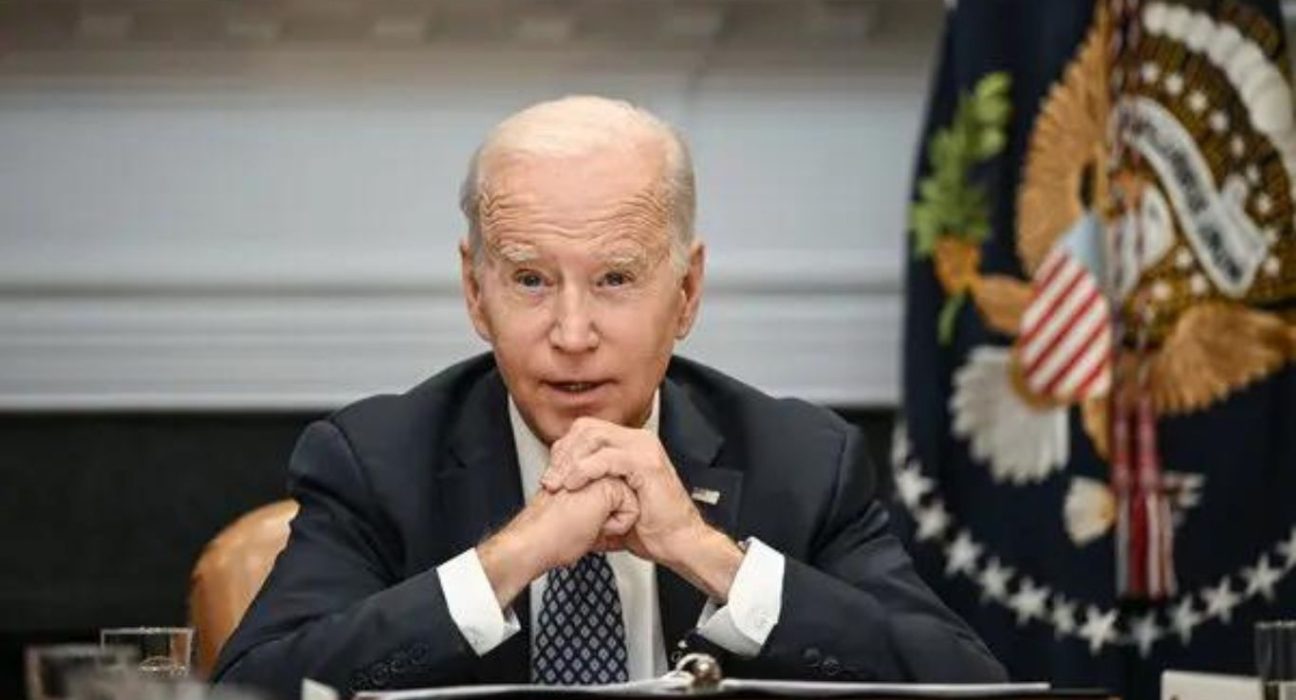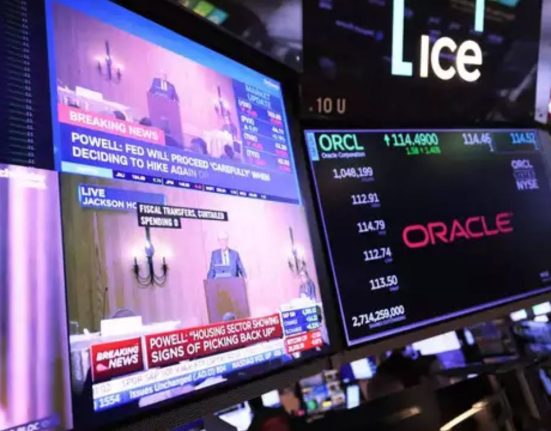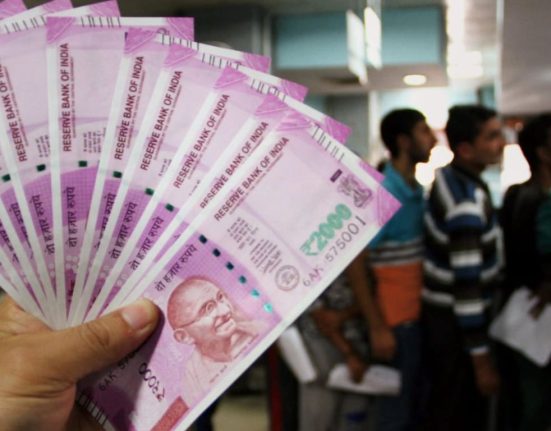As the United States Congress remains divided on the issue of raising the federal government’s debt ceiling, President Joe Biden made a statement on Friday that suggested he may not be ruling out the option of invoking the 14th Amendment to avoid a default. The Treasury Department has already warned that it could be unable to pay its bills as early as June 1 if Congress does not act soon.
The 14th Amendment to the US Constitution states that the validity of the public debt of the United States shall not be questioned. Some legal scholars have suggested that this means that the President could unilaterally raise the debt ceiling without Congressional approval. However, this is a controversial interpretation, and it has never been tested in practice.
In his statement, President Biden said that he was not yet ready to invoke the 14th Amendment. He emphasized that he still believed that Congress should act to raise the debt ceiling through normal legislative channels. However, his comments also suggested that he may be open to using the 14th Amendment if necessary.
This is the first time that President Biden has publicly acknowledged the possibility of invoking the 14th Amendment. His reluctance to do so may reflect his desire to avoid setting a precedent that could be used by future presidents to bypass Congress on other issues. It may also indicate that he believes that there is still a chance that Congress will act to raise the debt ceiling before the Treasury Department runs out of options.
The US debt ceiling is a limit on the amount of money that the federal government can borrow to finance its operations. It is currently set at $31.4 trillion. If Congress does not act to raise the debt ceiling, the Treasury Department will eventually run out of options to pay its bills. This could lead to a default on US government debt, which would have serious consequences for the global economy.
The issue of the debt ceiling has become a political football in recent years, with both Democrats and Republicans using it as a bargaining chip in budget negotiations. In the past, Congress has always acted to raise the debt ceiling before the Treasury Department ran out of options. However, the current political climate in Washington is more polarized than ever, and it is unclear whether Congress will be able to act in time to avoid a default.
The possibility of a US default has already caused concern in financial markets. Investors are worried that a default could trigger a global financial crisis. The US dollar is the world’s reserve currency, and a default could undermine confidence in the dollar and lead to a flight to other currencies. It could also lead to a spike in interest rates, which would make it more expensive for the US government to borrow money in the future.
In conclusion, the US Congress is running out of time to raise the federal government’s debt ceiling, and President Biden’s latest comments suggest that he may be open to the possibility of invoking the 14th Amendment to avoid a default. However, he still believes that Congress should act to raise the debt ceiling through normal legislative channels. The stakes are high, and a default could have serious consequences for the global economy. It remains to be seen whether Congress will act in time to avoid a crisis.










